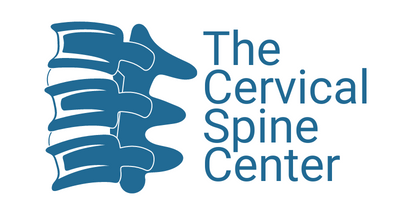The Cervical Center works with the team at Spine Options to provide non-operative care for their patients. Most patients that present with some form of neck pain, upper extremity weakness or numbness, or lower extremity weakness or numbness within the diagnosis of cervical spine disorders will not need surgery. Patients should remember that most symptoms improve over time with conservative treatment.

Non-Surgical Options
I have neck pain. Do I need an MRI?
Most neck pain improves with non-steroidal anti-inflammatory agents (NSAIDS) such as Motrin, Aleve, Advil and Tylenol. If your pain is persistent for more than a few weeks, you should consult your primary care physician on whether you should see a specialist and obtain imaging studies. Any patient with numbness or weakness is a more urgent matter and should undergo an MRI of their cervical spine regardless of the amount of pain.
Should I Try Physical Therapy?
Any patient with persistent and worsening symptoms greater than 4 – 6 weeks is a candidate for a cervical spine evaluation. Most patients undergo an MRI to develop a diagnosis with their clinical presentation. If the patient is diagnosed with Arthritis or Cervical Degeneration without any nerve root or spinal cord compression, then they are a good candidate for an initial course of physical therapy. Most Providers will send patients to therapy for 6 – 8 weeks and only continue if they improve after the initial course. If patients worsen, they may be referred to Pain Management or a surgeon.
Should I Try an Epidural Injection?
An epidural injection will work for a pinched nerve or Cervical Radiculopathy. Most Pain Management Providers will try a selective epidural on the compressed nerve for some form of relief. They will attempt up to three injections to try and provide improvement. If there is no improvement in the presence of a compressed nerve, they may refer to a surgeon.
Who Needs Surgery After Non-Surgical Care?
Patients who present with any sort of neurological deficit are candidates for surgery sooner than later. This includes severe weakness of their upper extremities from a pinched nerve or someone with progressive Cervical Stenosis causing cord compression. Any other patients with mild to moderate symptoms are evaluated based on any extent of any deficits, length of symptoms and overall function.


